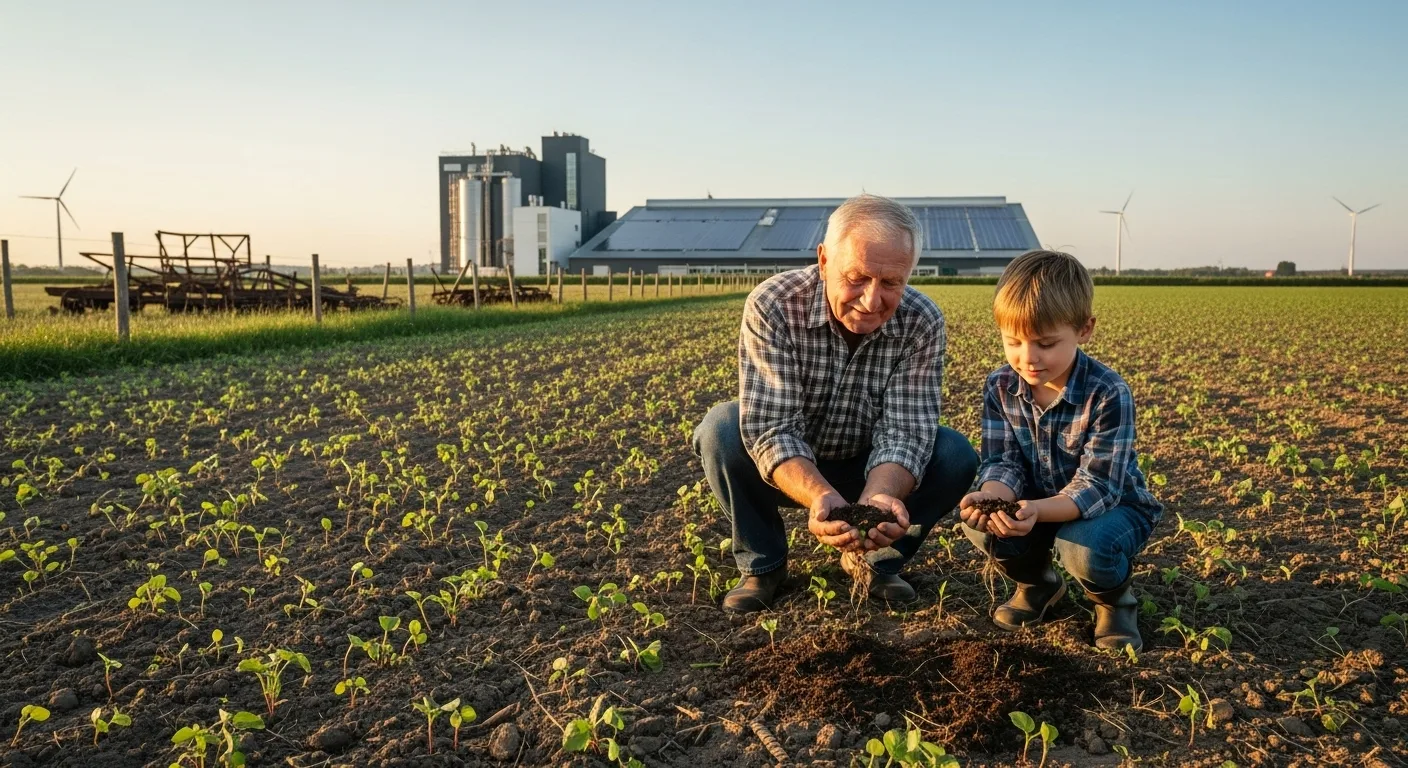Soil carries not only the seeds planted in it but also the footprints, prayers, experiences, and silent wisdom of those who walk upon it. This knowledge is sometimes hidden in a grandmother’s warning, “Don’t water under moonlight,” or a grandfather’s remark, “This tree doesn’t like the north wind.” Yet, when this ancient agricultural memory confronts modern farming’s industrial systems, it either fades away or is reshaped.
Today, viewing this duality not as a conflict but as a point of convergence is vital for both food security and cultural continuity.
Ancestral Wisdom: A Silent Technology
Agricultural wisdom is the product of thousands of years of trial and error. Practices such as irrigation timing, crop rotation, soil resting methods, and natural pest control offer solutions that are unscientifically named but proven effective.
Unfortunately, this knowledge is transmitted orally across generations and grows fainter with each one. Yet these insights:
- Are specific to local climates and soil types.
- Provide solutions that require no chemical inputs.
- Form the foundation of nature-aligned, sustainable agriculture.
Industrial Agriculture: Yield, Speed, and Global Alignment
Industrial agriculture operates with machines, software, and high-yield seeds. This system:
- Focuses on scaling production,
- Meeting global demands,
- Controlling quality through standardization.
However, this approach often overlooks local knowledge and the relationship with nature. Monoculture farming can lead to soil exhaustion, the loss of traditional varieties, and the disintegration of village culture.
The Quest for Harmony: Can Two Worlds Merge?
The real issue is not the mutual exclusion of traditional knowledge and industrial systems, but their complementarity. Establishing this balance can enhance not only production efficiency but also cultural sustainability.
How?
- Agricultural R&D efforts can analyze traditional practices with scientific data to make them functional again.
- Smart sensors can support the farmer’s observations while turning the soil’s habits into measurable data.
- Incorporating local folk wisdom into agricultural curricula can provide the new generation of farmers with a multifaceted perspective.
- Supporting women farmers and elder generations as knowledge bearers can preserve social memory.
The Future of Agriculture: Modernizing Without Losing Memory
In the face of global threats like food crises, climate change, and soil fatigue, no matter how advanced technology becomes, the intuition and accumulated experience of people who know the soil will be needed. Modern farming machines can map field boundaries with GPS; but they cannot yet fully replicate with data the insight of a farmer who learned from his grandfather when a tree will bear fruit.
Planting the Future Without Forgetting the Past
The soil’s memory is a recollection that ensures not only production but the continuity of life. Supporting this memory with industrial systems means uniting the wisdom of the past with the food of the future. True agricultural transformation is possible not solely through tradition or technology alone, but by blending the two.


